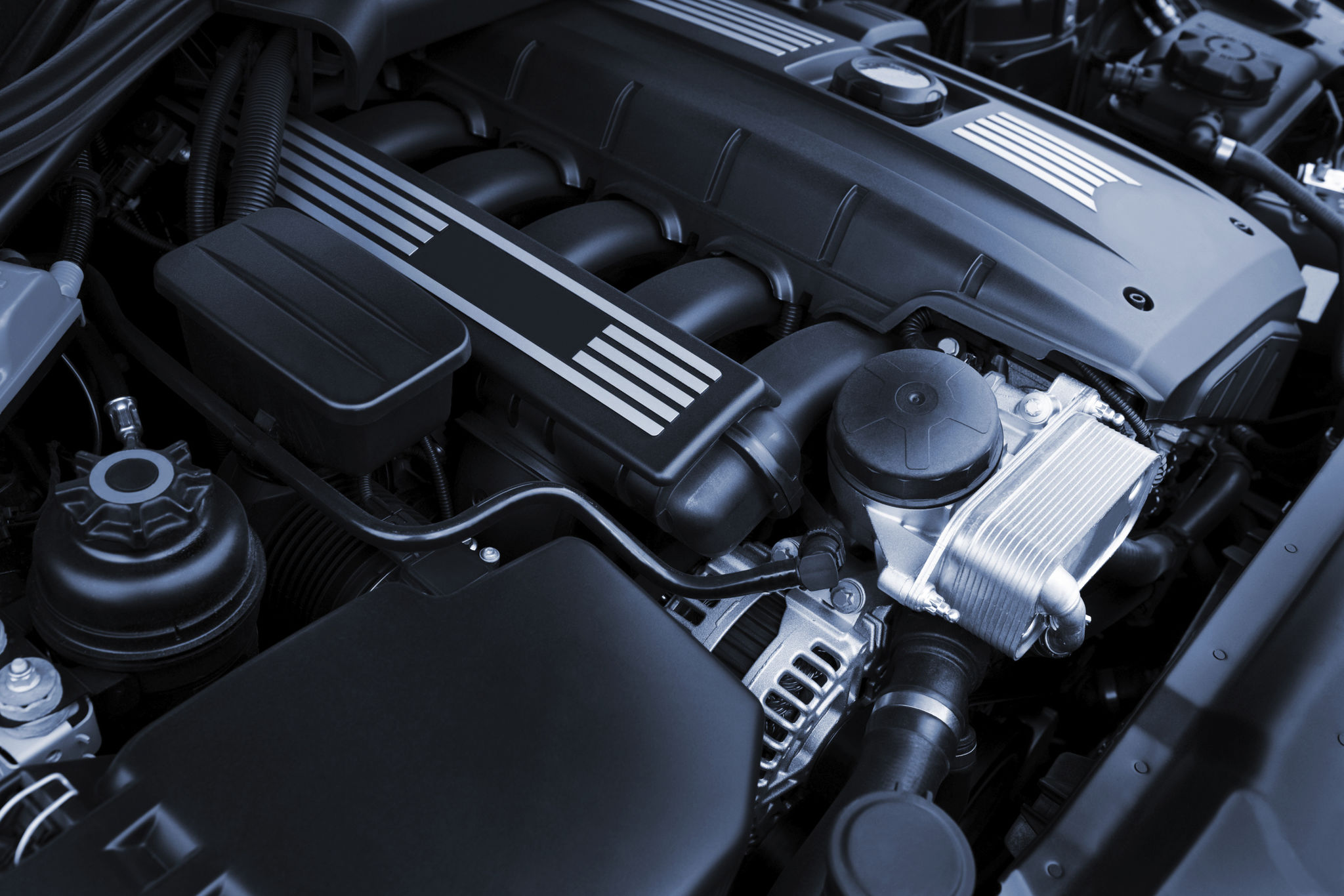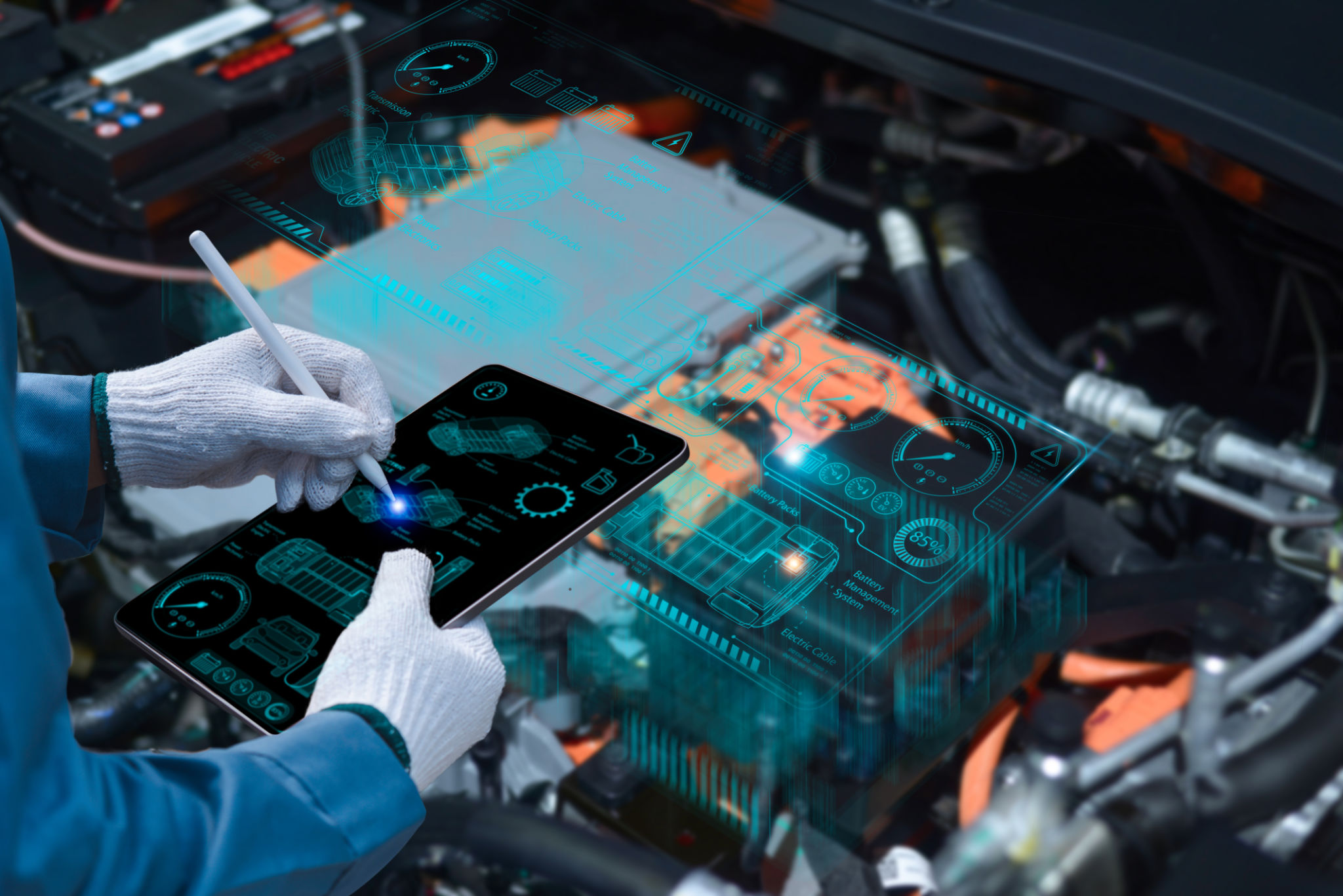DIY Car Mapping: What You Can and Can't Do Safely
Understanding DIY Car Mapping
Car mapping, often referred to as ECU (Engine Control Unit) remapping, involves altering the software of a vehicle's computer to improve performance or efficiency. Many enthusiasts are drawn to DIY car mapping for potential gains in horsepower, torque, and fuel economy. However, it's crucial to understand both the possibilities and limitations before diving in.

What You Can Do with DIY Car Mapping
One of the key attractions of DIY car mapping is the ability to customize the driving experience. Here are some modifications you can safely undertake:
- Increase Horsepower: By adjusting fuel and air intake parameters, you can boost engine power.
- Improve Fuel Efficiency: Tuning for fuel economy can lead to savings at the pump, especially on long trips.
- Modify Throttle Response: Enhance how quickly your car responds to acceleration inputs for a sportier feel.
These changes can be made using tools and software readily available online, often with detailed guides for specific vehicle models.
What You Can't Do Safely
Despite the appeal of DIY car mapping, there are certain aspects you should avoid unless you're an experienced professional:
- Bypass Emission Controls: Tampering with emission systems can lead to legal issues and fail inspections.
- Exceed Manufacturer Limits: Pushing your engine beyond its designed capabilities can lead to severe damage.
- Alter Safety Features: Modifying features like airbag deployment settings is highly risky and can compromise safety.

The Tools You Need
If you're considering DIY car mapping, investing in the right tools is essential. Common items include an OBD-II scanner, a reliable laptop, and specialized tuning software. It's also beneficial to have a basic understanding of mechanical engineering or automotive technology.
Research is key—ensure you have access to forums, guides, or communities where you can ask questions and share experiences with other enthusiasts.
The Risks Involved
While DIY car mapping can be rewarding, it's not without risks. Incorrectly changing your car's settings can lead to engine damage, void warranties, or create safety hazards. It's crucial to proceed with caution and understand the potential consequences fully.

Know When to Consult a Professional
For complex modifications or if you're unsure about any aspect of the mapping process, consulting with a professional tuner is advisable. Professionals have the experience and equipment necessary to safely enhance your vehicle's performance without compromising its integrity.
Many tuners offer custom remapping services tailored to your specific needs, ensuring optimal performance and reliability.
Conclusion: Balancing Ambition with Safety
DIY car mapping offers exciting opportunities to personalize and enhance your driving experience. However, it's essential to balance ambition with safety by understanding what you can and can't do. By taking a cautious approach and seeking professional advice when needed, you can enjoy the benefits of car mapping without unnecessary risks.
